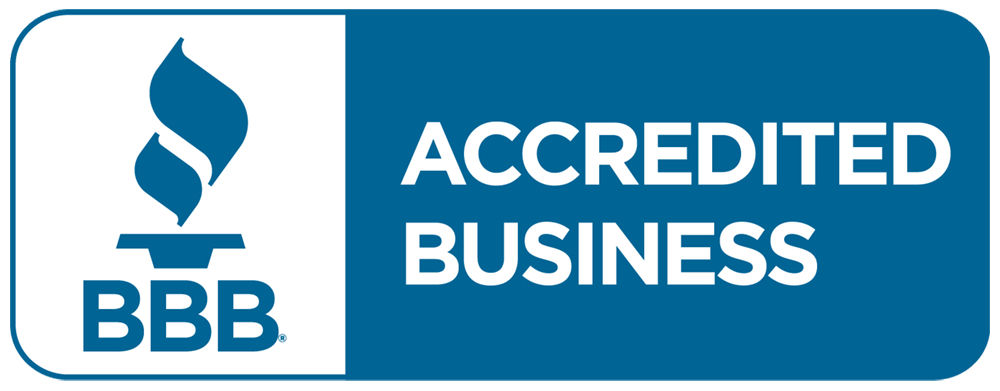Having your own vehicle is an expense, but it is also a necessity for most people. You need to drive yourself to and from work every day and take your children to school and doctor’s appointments. Despite being a necessity for modern life, vehicles are prohibitively expensive for many adults.
The majority of working- and middle-class families have to finance their vehicles. Taking on a long-term car loan can lead to manageable monthly payments, but it also means that by the time someone pays off the vehicle, it may need repairs or replacement.
If someone falls behind on their car loan payments, the lender could repossess the vehicle because it was collateral for the loan. Will filing for bankruptcy stop vehicle repossession?
Bankruptcy can help you protect your vehicle
If you are worried that your lender may soon try to repossess your vehicle, don’t wait until they already have. At that point, it will be much harder for you to protect your investment in the vehicle or regain possession of it.
Re-reading your financing terms can help you confirm when your lender might initiate repossession. They won’t necessarily send you a warning notice like a mortgage lender would before foreclosing. Filing for bankruptcy leads to an automatic stay which will require that your creditors temporarily stop their collection efforts.
However, if you have fallen behind on your car loan, the lender can likely request a hearing with the courts and move forward with the repossession. You will have the opportunity to decide what to do with your car once you have temporarily protected yourself with an automatic stay.
What happens to a vehicle loan in a bankruptcy?
You can potentially reaffirm the loan. Your lender may be open to negotiating with you so that continuing to pay on the vehicle is a more realistic option. In some cases, you may need to redeem the vehicle by paying the full balance of what you owe. Other times, people may decide to release the vehicle to the lender to get rid of their car loan obligation altogether.
Although bankruptcy does not absolutely protect you from the loss of your vehicle, it can help you regain control over your credit and give you time to make the right choices about your debts and assets. Learning more about personal bankruptcy can help you avoid major setbacks like the repossession of your vehicle.



